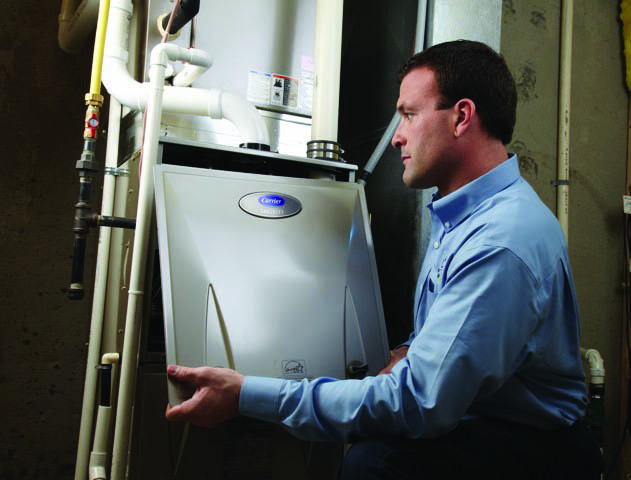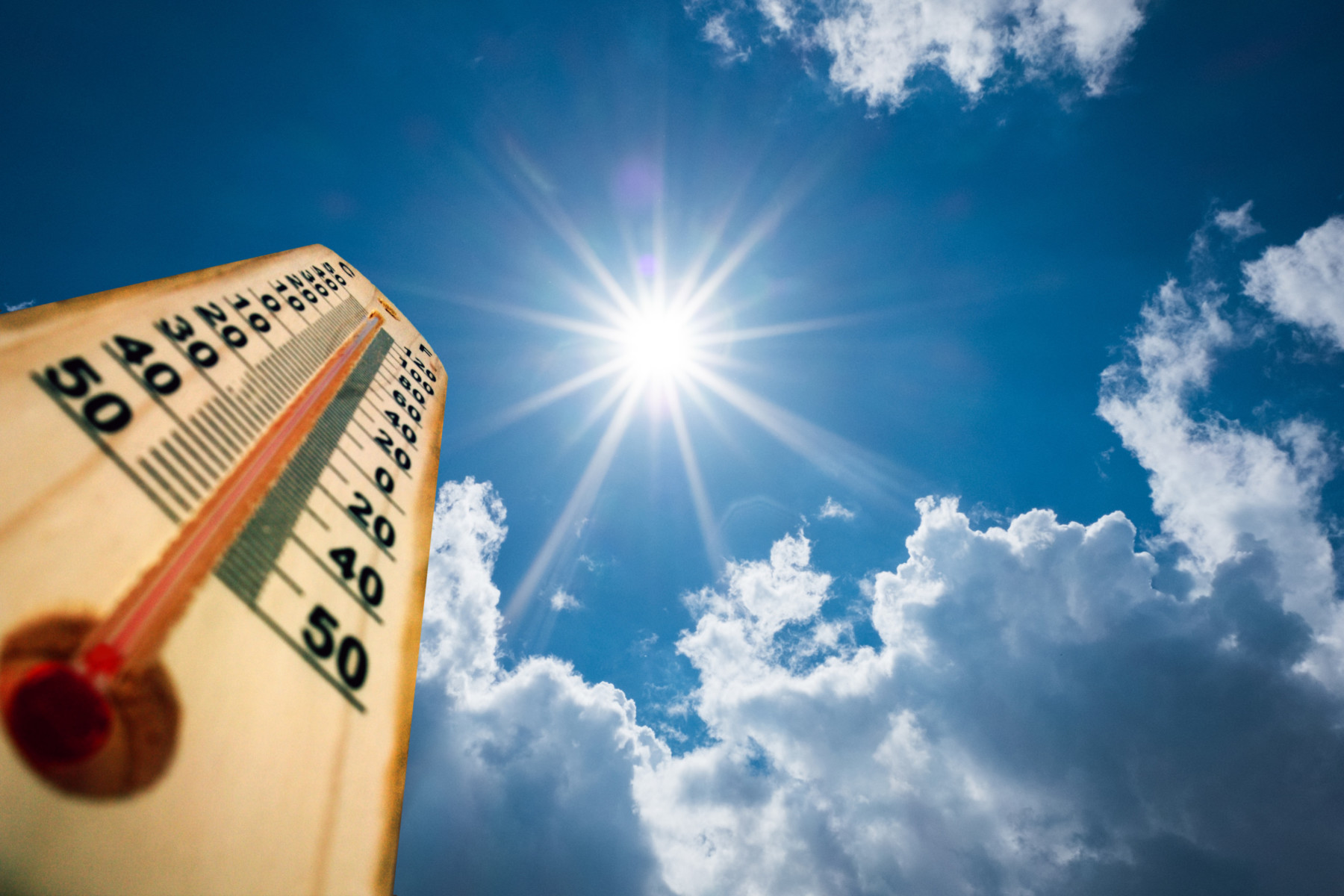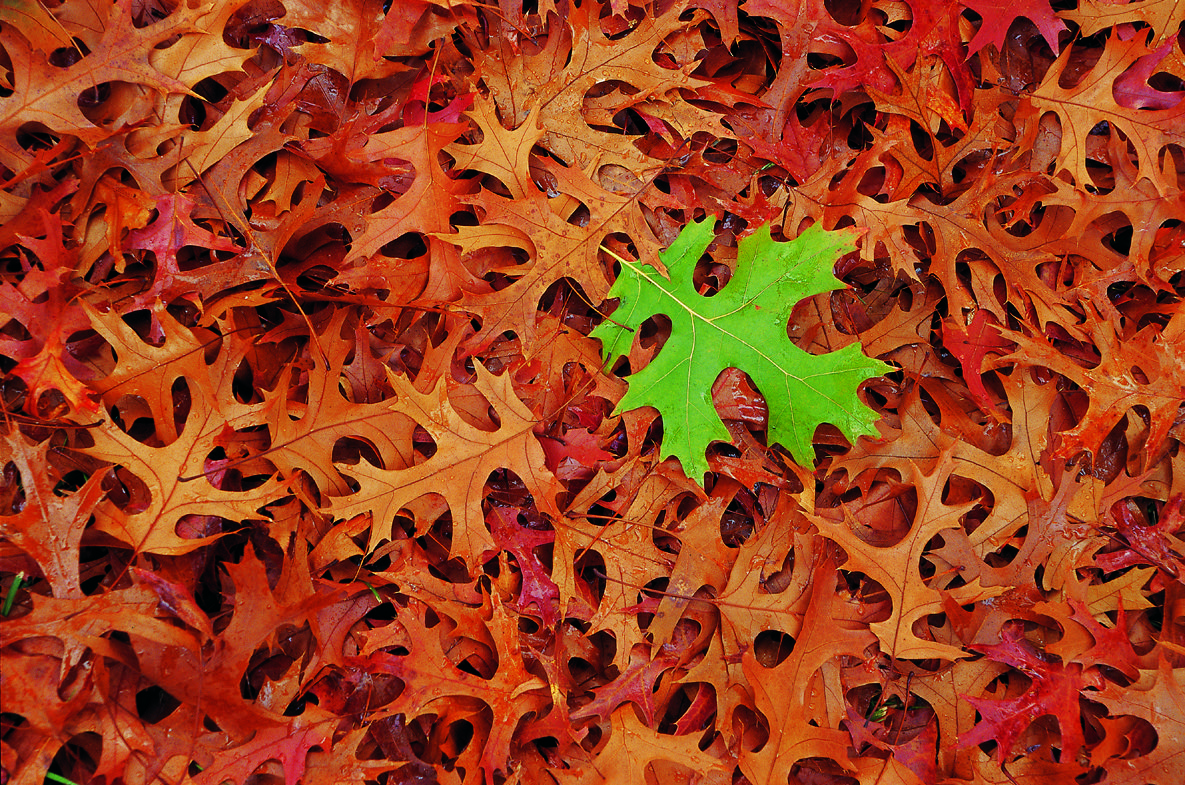Homeownership is exciting! However, this process can be much more complex than one would think. For new homeowners, there is much to learn. Owning a home comes with increased responsibilities, and it’s important not to treat them as a burden and instead plan ahead for them to prevent stress long term.
It’s safe to say that every homeowner has some sort of background knowledge surrounding the seasonal elements that can affect their home or property. Oftentimes, experienced homeowners might be more prepared than others, so it’s critical to turn that knowledge into something tangible and useful. Let’s break down every season and the types of activities you will need to complete in each in order to prepare your home for seasonal changes.
Spring
Springtime can be a very exciting season, however, as the cold weather decreases, the rain increases. As they say, April showers bring May flowers! Although sometimes this can be frustrating, spring can actually be a great time to evaluate any damage done in the long winter months. A solid first step is to check your roof for damage, assess your foundation, and repair any weather stripping on does and windows. This can help prevent the threat of leaks, holes, and other vulnerabilities in your home’s exterior.
 Another good step is to make sure your heating and air conditioning services are in check. This is the perfect time for an annual A/C unit tune-up. This also pertains to appliances within your home, as it’s critical to make sure they are up to date and working properly. In order to be confident about the integrity of your appliances, many homeowners often consider using a home warranty. This is an annual service contract that pays for the replacement or repair of major appliances such as dishwashers, AC units, or HVAC systems. Having a plan like a home warranty in place can help homeowners feel more comfortable if erratic events are to arise affecting their, heat, AC, plumbing, or more.
Another good step is to make sure your heating and air conditioning services are in check. This is the perfect time for an annual A/C unit tune-up. This also pertains to appliances within your home, as it’s critical to make sure they are up to date and working properly. In order to be confident about the integrity of your appliances, many homeowners often consider using a home warranty. This is an annual service contract that pays for the replacement or repair of major appliances such as dishwashers, AC units, or HVAC systems. Having a plan like a home warranty in place can help homeowners feel more comfortable if erratic events are to arise affecting their, heat, AC, plumbing, or more.
One last thing that can help homeowners become more prepared for the summer months ahead is to check the condition of their outdoor property. Take the time to conduct a thorough spring cleaning
Summer
Summer may seem like the most delightful season, as the weather changes, temperature rises, and the sun shines a bit more than any other season. When marching into the summer months, there are several factors every homeowner should prioritize. For your home’s exterior, you may want to clean your siding as you enter the summer months. Because the spring can have a number of different weather factors, like heavy rains, wind, or even snow depending on where you live, cleaning your siding will help to remove any debris that my have washed onto your home. If you want to go the extra mile, a fresh, high-quality exterior paint job can protect your home from the elements. Over time, this can save homeowners money on repairs that could be avoided with a well-managed exterior.
 Summer is a great time to examine your refrigerators and check for faulty seals because, with the warmer weather, food is at a greater risk of spoiling. Furthermore, protect your home from any leaks that may be stemming from your faucets or showerhead. If left unrepaired, this can lead to many issues within the interior of your home.
Summer is a great time to examine your refrigerators and check for faulty seals because, with the warmer weather, food is at a greater risk of spoiling. Furthermore, protect your home from any leaks that may be stemming from your faucets or showerhead. If left unrepaired, this can lead to many issues within the interior of your home.
It’s also wise to check your sprinkler system. You certainly don’t want your flowers or grass to die in the summer, so make sure your outdoor tools are up to par. Believe it or not, landscaping can be a crucial aspect of a home’s foundation. Should your sprinkler system be faulty and flood your foundation, you may face extremely pricey repairs.
Fall
As the temperature begins to decline and trees start to lose leaves, it’s crucial to make the transition from warmer to cooler temperatures in a timely fashion. The beauty of trees changing color can sometimes be tainted by the large piles of leaves on your lawn. Be sure to consistently rake and clear leaves from your landscaping and yard, so your grass can receive the sunlight that it desperately needs.
 Oftentimes, gutters can also become filled with leaves, branches, and other debris during the fall. It’s important to clean your gutters so that when it collects rainfall from the roof, it can carry it through downspouts away from your home’s foundation.
Oftentimes, gutters can also become filled with leaves, branches, and other debris during the fall. It’s important to clean your gutters so that when it collects rainfall from the roof, it can carry it through downspouts away from your home’s foundation.
In addition, checking and cleaning your furnace will help increase longevity and will prevent dangerous situations. Annually, homeowners should give their furnace a tune-up to be as prepared as possible going into the winter. If you have a fireplace or chimney, it’s also essential to clean them to prevent build-up debris and chimney fires. Thinking ahead to when you plan to use your fireplace in the cooler months, you will want to be sure it’s safe to use.
Finally, it’s important to check for infestations of wasps, termites and other bothersome creatures, especially heading into the winter months when they may be looking for shelter from the cold. These insects can hinder the quality of your property, and many home insurance policies don’t cover for termite destruction. Homeowners should have inspections by infestation professionals regularly in order to prevent these avoidable circumstances.
Winter
Transitioning into what seems like the longest season of the year, it’s imperative to be as prepared as possible. There are several things that every homeowner should prioritize. First, make sure to take out your window AC units, as there won’t be much use fo them as temperatures plummet. Prepare your home for the snow by gathering salt, sand, snow shovels, or even a snow blower to have on hand. If you hate shoveling, try using a plow service that can clear your driveway for you.

Another preparation tactic is to check your home for insulation flaws. Try using caulk to cover any draft threats inside and outside your home. Being warm is critical during the winter and covering these little crevices will prevent cold air from getting inside your home. Similarly, sealing holes and cracks can prevent unwanted rodent infiltration. No one likes rats, mice, or other tiny creatures, so stay on top of any interior threats from outside creatures.
Finally, check the temperature of your water heater and drain sediment if necessary. If the heater is set too low, not only will your hot water be less warm, but it can also lead to bacterial growth. Set the water to the right temperatures where bacteria cannot thrive and drain the sediment to cleanse the water heater and extend its life span.
Conclusion
A lot of these situations and conditions vary heavily on where you live. Certain places might be more prone to snowfall than others, while others might be shocked to by seeing the slightest snowfall. However, a lot of these circumstances are universal, so their importance should never be avoided. Using these tips will not only contribute to successful preparation tactics as a homeowner but can help preserve your home’s value over time.
Phil
You can always call on your extended family of dependable heating, cooling, and air quality experts at CPS Heating & Cooling.
Contact us anytime to set up a consultation or call us at 508-460-6691.





